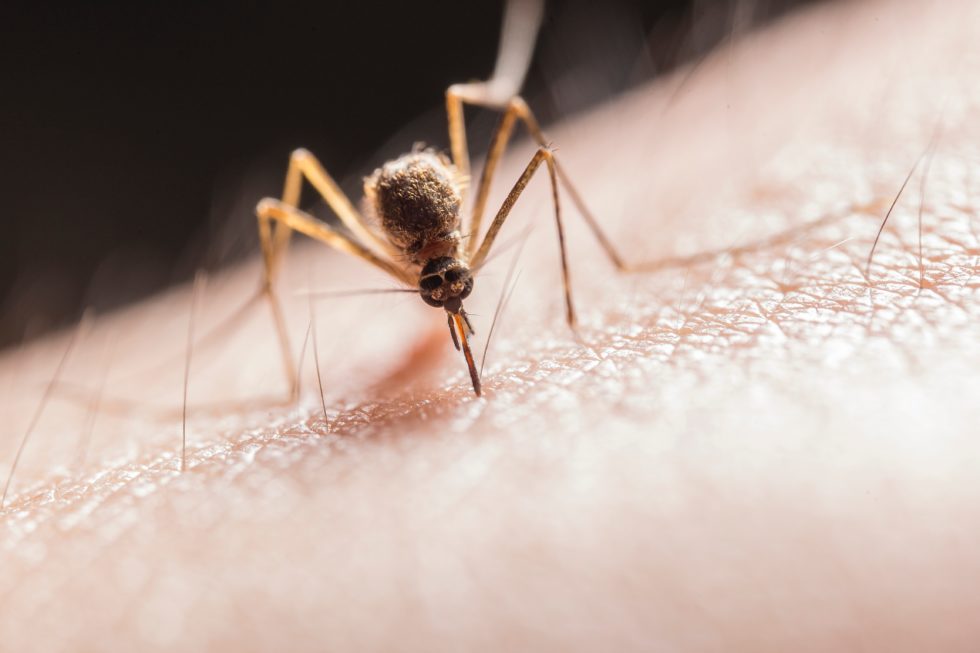Eastern equine encephalitis (EEE) is an extremely rare but serious and often fatal infection that causes encephalitis or inflammation of the brain. It is spread by the bite of a mosquito infected with EEE virus (EEEV). EEEV can also infect a wide range of animals including mammals, birds, reptiles, and amphibians.
To date, there are nine confirmed human cases in the state. The latest fatality was reported in Calhoun County. Earlier fatalities due to the disease were reported in Kalamazoo, Van Buren and Cass counties. The nine human cases also include residents from Berrien and Barry counties, according to MDHHS.
Aerial spraying of pesticides to kill mosquitoes and combat the illness is scheduled to continue Wednesday in counties throughout Southwest Michigan, and potentially in other areas of the state.
On Tuesday, Oct. 1, about 86,016 acres were treated, MDHHS said, bringing the total acreage treated for mosquitoes as part of the statewide effort to 186,146.
After plans to begin the treatments over the weekend were canceled due to weather, spraying began Monday night in four Southwest Michigan counties: Berrien, Cass, St. Joseph and Van Buren.
The areas slated for treatment Wednesday are identified in the state’s updated, aerial treatment zones map, and include portions of Allegan, Van Buren, Calhoun and Barry counties. Treatment in these areas is weather permitted and will be rescheduled if needed, Sutfin said.
If weather prevents treatment in those four Southwest Michigan counties, the state’s plan also lists additional areas in the following counties as potential, “weather alternative” sites for treatment Wednesday: Calhoun, Jackson, Kent, Lapeer, Livingston, Montcalm, Newaygo and Washtenaw.
Kalamazoo County has more cases of EEE — five equine, three human and two bovines — than any other Michigan county. It was previously scheduled for aerial treatment, but due to a high number of residents opt-out requests will no longer be treated.
Many residents in Kalamazoo County, and across the state, have expressed concerns about the type of pesticide being used and the impact spraying could have on honeybees, butterflies and other insects that play a major role in the ecosystem.
Aerial spraying is being done with the Merus 3.0 organic pesticide, which contains 5% pyrethrin and can be harmful to bees. While state officials have said that they spray at night since most bees are in their hives, beekeepers have stated that not only are wild honeybees killed off, but that entire hives can be destroyed by the chemicals.
Individuals can still request to opt their property out of spraying at eee@michigan.gov. But in order to remove one’s property from the spray zone, a 48-hour notice in advance of scheduled spraying must be given to state officials. Due to weather-related delays, opt-out requests are still being coming in and being considered.
Less than 1% of people infected with the mosquito-borne illness will develop a serious neurological disease that causes inflammation of the brain or surrounding tissues. About 33% of those people will die, according to MDHHS.
Do not hesitate to contact the attorneys at Tishkoff if you have questions regarding litigation, or business or employment law.

